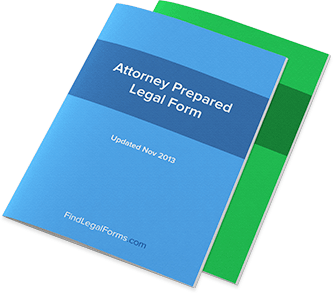The Ins and Outs of a Work-for-Hire Agreement
To many people, especially those of us most used to a traditional 9-to-5 job, the “work for hire” agreement sounds like Greek. But it’s practically a way of life for an entirely different set of workers who rely on individual projects rather than singular employment in order to generate their income. And if you run a business yourself, there’s a good chance you’re going to need to use a work-for-hire agreement to add on some temporary help.
In short, no matter what your situation, there’s a good chance you’ll come across a work-for-hire agreement in your lifetime. And that’s why it’s so important to know the ins and outs of such an agreement – both so that nothing catches you off guard and so that you don’t see problems where there aren’t any. Here’s a brief guide to work-for-hire agreements for you to use as a reference.
Authorship or Creatorship
The first thing to know from the “employee” or “worker’s” perspective is that a work for hire agreement generally means that you will not be credited for the work you’re doing. For example, if you sign a “work for hire” agreement in order to ghost write someone’s autobiography<, you’re going to find that you’re not credited for your work, and your authorship is not even recognized as a matter of legality. This authorizes the person who purchased the work from you to collect all the royalties and income the work generates without actually having to pay you any of it.
Sound like a bum deal? Well, you agreed to it if you signed a work for hire agreement initially. It’s that simple; and, in fact, it’s ideal for people who would actually prefer a flat fee up front than a promise of royalties in the future somewhere. So keep in mind that if you see a work-for-hire agreement or “WFH” for short, you’re likely signing authorship identification over to the person who’s hiring you – and that’s standard practice.
Wait – Isn’t the Author Entitled?
When people hear about the information contained in the preceding section, they usually express a little bit of shock. “But wait – don’t I deserve credit for what I create? I am, after all, the author!”
The key to a work-for-hire agreement is that you are essentially signing over authorship of the work in question, as well. Don’t make the mistake of thinking that no matter what you sign, you’re entitled to royalties because you wrote the original words or crafted the original designs. Instead, understand what you’re getting yourself into when you sign a work-for-hire agreement.
Benefits
Of course, a work-for-hire agreement comes with certain benefits as well – otherwise no one would ever sign them. These benefits can include the contracted payment (upfront) of the work in question, which is something that appeals to many writers and artists who need a more steady paycheck in order to pay the bills. But don’t be afraid to read through your next WFH and see if you like all of the provisions it contains.

